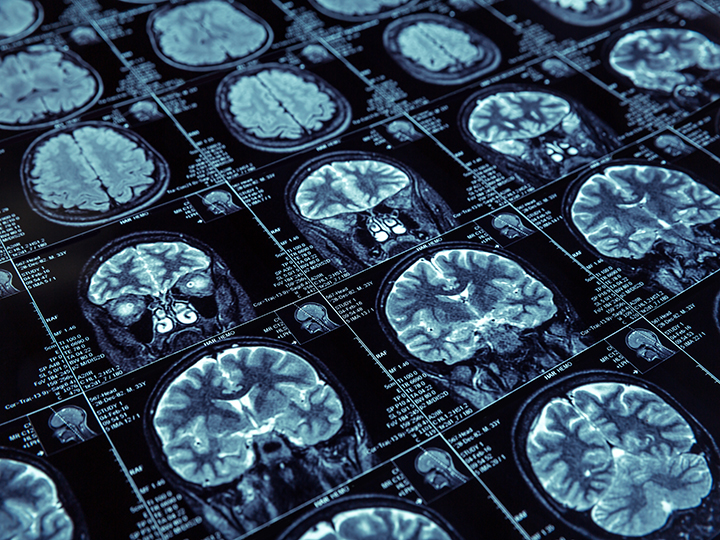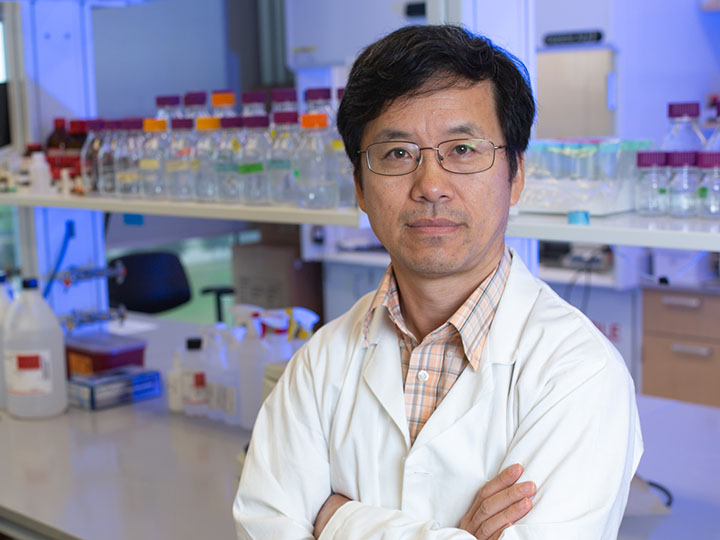

Though it’s a very small and delicate membrane, the blood-brain barrier (BBB) is one of the most vital parts of the human body, protecting the brain from foreign bodies entering and harming it. But that same barrier that protects the brain also blocks necessary medicine from entering to repair it after an injury like a stroke. In a new approach, associate professor of pharmaceutics at the University of Houston, Jiukuan Hao, is targeting endothelial cells that make up the blood-brain barrier to repair them and carry much-needed medicine to neurons that are injured or dying after an ischemic stroke.
The blood-brain barrier is formed by vascular endothelial cells and controls movement of molecules and cells across it. Failure of the barrier under cerebral ischemia is usually caused by endothelial degeneration or death, causing damage to neurons.
“Protecting the brain’s endothelial cells and promoting repair of the blood-brain barrier may represent a promising therapeutic approach for ischemic stroke,” said Hao, who is working on the project under a $1.5 million grant from the National Institute of Health.
Each year in the United States, approximately 795,000 people suffer a stroke, 87% of which are ischemic attacks, caused by a blood clot or a blocked artery leading to the brain. People who have ischemic strokes are more likely to recover than those who experience a hemorrhagic stroke, or brain bleed.
The breakdown of the blood-brain barrier, following the ischemic stroke, allows foreign bodies to flow causing inflammation and other damage. Hao wants to get in there too, with therapeutics. He’s examining proteins in the Hippo signaling pathway – YAP/TAZ – that he believes promotes endothelial cell growth.
“The YAP, or YES associated protein, and TAZ, (transcriptional coactivator with PDZ-binding motif) play an important role in regulating brain endothelial cells and BBB functioning and so the YAP/TAZ may be a new therapeutic target for ischemic stroke by promoting the BBB repair,” said Hao. He will investigate the role of YAP/TAZ signaling in vitro and in vivo.
If successful, Hao said, this approach can be applied to all brain diseases which involve dysfunction or injury of the blood-brain barrier.
“The overall impact of the project is highly significant in advancing drug discovery that targets the brain endothelium for brain disease therapy,” he said.